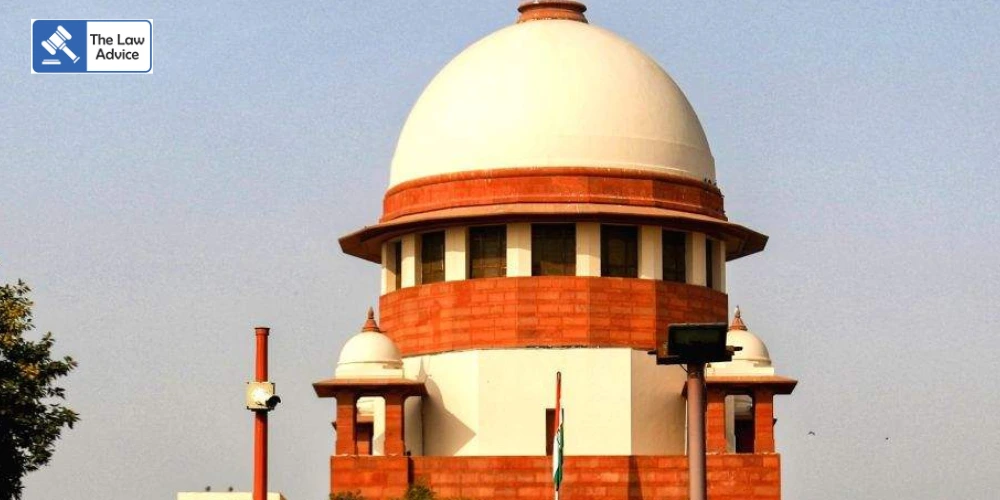
The Supreme Court on Friday reserved its judgment in a set of appeals questioning the National Company Law Appellate Tribunal’s ruling in the insolvency cases of Aircel and Reliance Communications. The NCLAT had held that telecom spectrum can be brought within insolvency or liquidation proceedings as an intangible asset of the Corporate Debtor, with the caveat that any transfer during CIRP is permissible only after clearing all spectrum-related dues owed to the Government.
A bench of Justice P.S. Narasimha and Justice Atul Chandurkar completed hearings after extensive submissions by Attorney General R. Venkataramani for the Union of India; Senior Advocate Shyam Divan for the erstwhile RP of Aircel; Senior Advocate Rakesh Dwivedi for the Committee of Creditors led by SBI; and Senior Advocate Gopal Jain for the former RP of Reliance Communications.
Appearing for the Union, the Attorney General argued that the Insolvency and Bankruptcy Code (IBC) is a procedural law designed to streamline insolvency administration, and its overriding clause—Section 238—must be interpreted narrowly. It cannot displace statutory controls over natural resources, he asserted. Spectrum, he stressed, is not like coal or oil that is consumed; the licence provides only a restricted operational right.
Citing Section 4 of the Telegraph Act, which vests exclusive control of telegraph operations in the Central Government, the Attorney General contended that only limited user permissions can be granted to telecom licensees, subject to statutory conditions. Spectrum, he said, is a unique natural resource and not an “asset” capable of being brought under the IBC. Referring to Sections 18 and 36 of the IBC, he argued that property owned by third parties is excluded from insolvency estates, and since the Union remains the owner of spectrum, it cannot fall within the debtor’s asset pool. Reliance was also placed on Article 297 of the Constitution, emphasising Union ownership of natural resources unless Parliament provides otherwise.
He further contended that if spectrum use rights are not assets, they cannot be treated as operational debt, adding that spectrum is a community resource, and any default by a licensee after benefiting from it must result in the public being “proportionately compensated.”
Opposing the Union’s stance, Senior Advocate Rakesh Dwivedi, for SBI and the CoC, argued that spectrum cannot be “stored” or “delivered,” as it exists in airwaves, and the Government’s trustee role allows it only to regulate its usage. He submitted that the “exclusive privilege” under the Telegraph Act merely authorises the State to regulate telecom operations; it does not place licence rights outside the scope of the IBC.
Dwivedi characterised spectrum rights as part of a bundle of property rights, one strand of which is granted to the licensee for developing telecom infrastructure. He noted that assignment is expressly permitted under the licence, subject to government approval, and lenders relied on this assignability while extending loans after the Tripartite Agreement. The Government, he argued, effectively assured banks that the licence rights could serve as security, stating, “It has become my security interest.”
Responding to the Union’s claim of being a third party under Section 18(1)(f) of the IBC, Dwivedi submitted that the Government was deeply involved in enabling and structuring the telecom operations and therefore cannot be treated as an external third-party owner. Citing a 2023 judgment recognising the “right to develop” as a debtor’s asset, he contended that spectrum cannot be artificially separated from other such rights under the IBC.
The NCLAT had held that while spectrum belongs to the nation and the Government holds it as a trustee, the right to use spectrum granted under a telecom licence is an intangible asset of the telecom operator. This right, it said, falls within the assets that a Resolution Professional can administer during CIRP.
However, the Tribunal maintained that this right is not freely transferable. Both the licence terms and the Tripartite Agreement mandate that all outstanding dues to the Government must be cleared in full before any assignment of licence or spectrum use rights. A company with unpaid dues, or a prospective buyer with such dues, would be ineligible for transfer. The NCLAT stressed that spectrum cannot be used without paying these statutory dues and that CIRP cannot be invoked to dilute the Government’s recovery through the Section 53 waterfall mechanism.
Multiple appeals challenging this decision are now before the Supreme Court.
Case No.: Civil Appeal No. 1810/2021 & connected matters
Case Title: State Bank of India v. Union of India & Ors. (with connected cases)
Website designed, developed and maintained by webexy